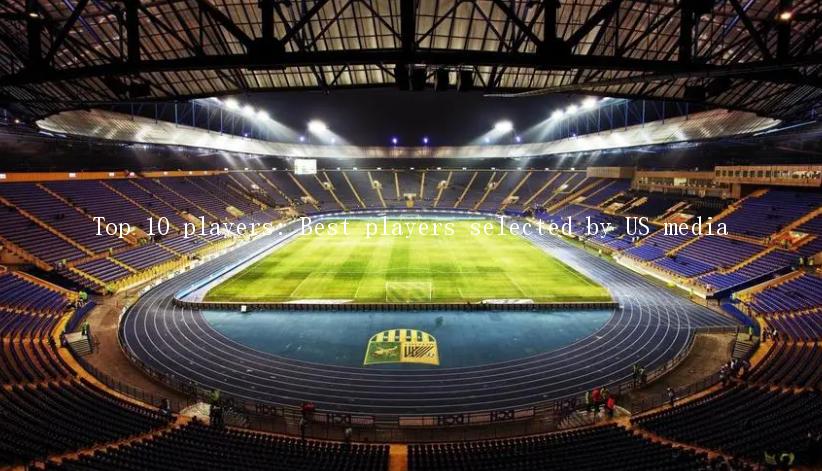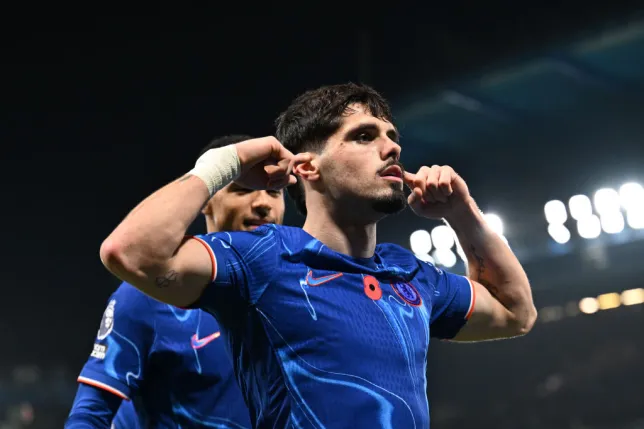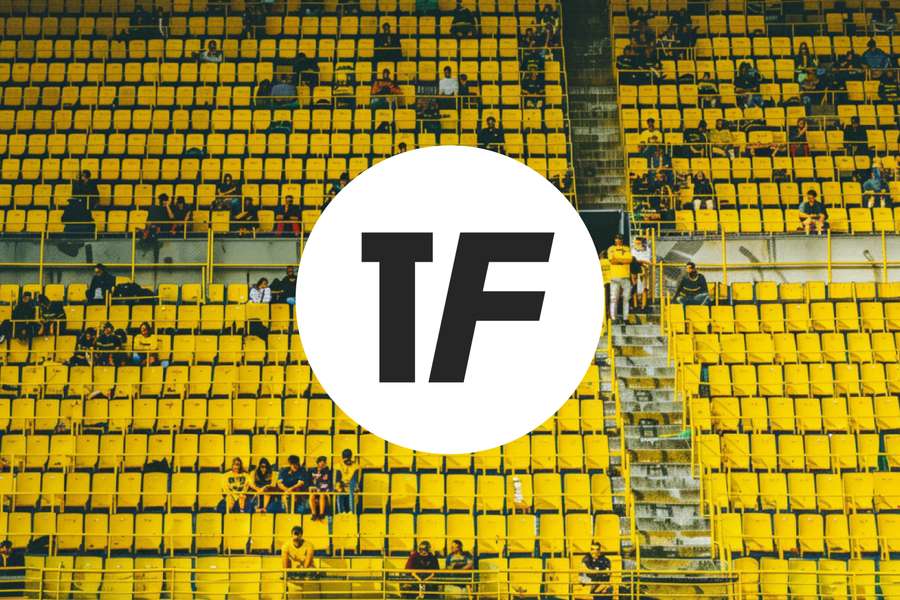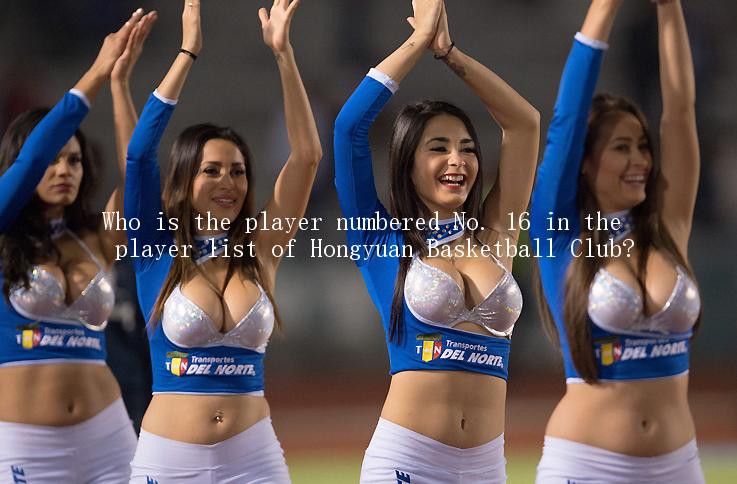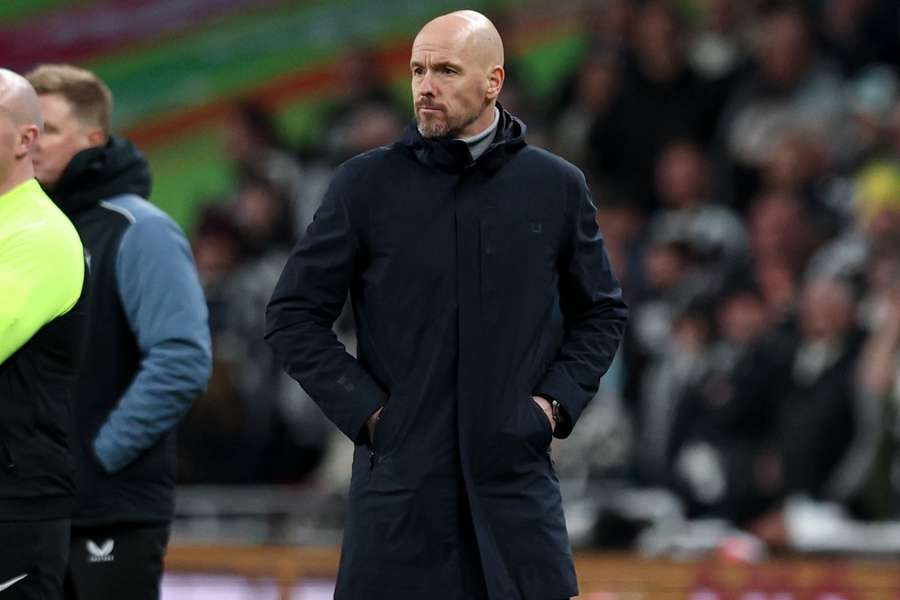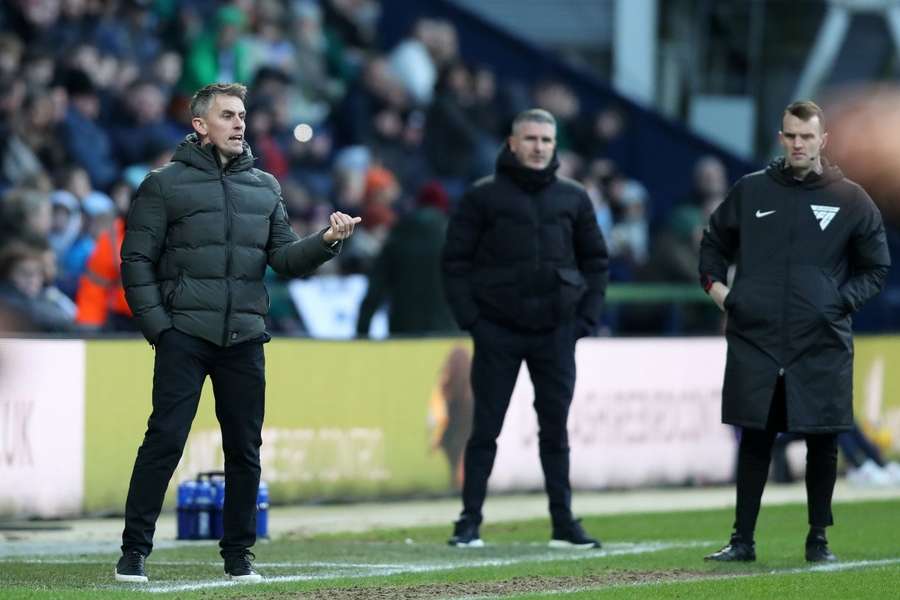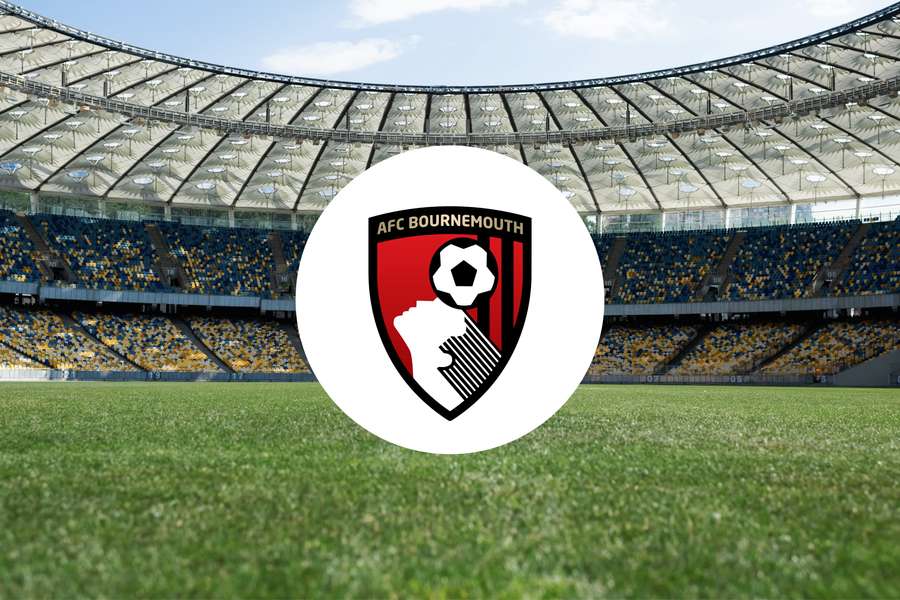Exclusive Interview with Premier League CEO Richard Masters: Inside the Biggest Talking Points in Football

Premier League CEO Richard Masters delves into key topics in football, including the unity among clubs, financial regulations, and the contentious proposals for the 2025 FIFA Club World Cup.
Here's what he had to say in a media sit-down ahead of the new Premier League Season...
Should fans be fully consulted if any proposal is brought forward to play Premier League matches abroad?
"I need to say it - there are no plans to play matches abroad in the Premier League and that's the starting point.
"It has never been discussed at a shareholder's meeting since the 39th game, for those of you who remember it, and I certainly do. And, of course, I think if there is any change in the structure of the competition that is material, fans should be consulted. But I don't think it's going to happen, it's not part of the plans, so to that extent, I think it's a slightly moot point."
TrendingWhat's the new financial system all about and what will it mean for clubs?
"We've done probably a year's work with internal working groups and talking to clubs about developing a new system. The principal starting point for that was alignment with UEFA, so our current PSR rules (Proft and Sustainability Rules) were aligned broadly to the FFP (Financial Fair Play) rules of UEFA when they were brought in.
"We came second and brought them in and they were the same. So, clubs that are operating in dual systems coming in and out of Europe don't have to operate on entirely different systems. So, there's continuity of financial planning and that was the principal driving force between looking at what we call squad cost ratio, which is what is implemented in Europe.
"The principal difference between the Premier League system and UEFA's current system is that, and again it's very much like the current system where the Premier League allows permitted losses after add-backs of £105m over three years and UEFA's system is much tighter than that. In UEFA, squad cost ratio is 70 per cent and non-European Premier League clubs will be operating at 85 per cent of their revenue in football and football profits. So, it's a different way of looking at it.
"The second difference of a system is that it will be in-season. It wouldn't be a look-back system. So clubs will be given a budget to operate within. This is what's been agreed to shadow. What that means is that we'll be testing the rules as this current season goes forward. Clubs will be submitting financial information, but it's not an active rule-base, so PSR continues.
"At some point during the year, as we have adapted the rules and changed because we will think of things that need amending as the process goes forward, we will have a discussion about whether we want to bring the system in real-time. The earliest opportunity to do that is 2025-2026.
"So it is a different system, but again it provides clubs with the opportunity to operate in a very similar system that exists in Europe. So, squad cost ratio is one of the sorts of principal financial regulations that are being discussed and are in shadow at the moment.
"The other one is top-to-bottom anchoring, which is putting a relationship between the maximum spend a club can have and the lowest distribution in the Premier League, and that is in shadow as well. But again that's a separate part of the financial system.
"What we're working towards is being a temporary situation and not permanent. So we're not talking about financial regulations and rules all the time, but we're talking about football. That's what we would prefer and that's what we want to get back to and that's what we're driving towards."
Why has there been discontent among clubs over a system that they agreed to?
"I'm not sure there is widespread discontent about the rules. Well the reason, as I said, is the reason we are contemplating change is because where it started from was alignment with UEFA. Obviously what has changed is that some clubs have breached those rules and that has brought forward an examination of the financial system externally and put it under a lot of scrutiny.
"I accept it's created frustration and a lack of clarity at times but we have to do our jobs and the way the system works is that when we believe a breach has taken place we obviously publicly announce that. It's then heard by an independent panel. They are in charge of the timing of that process."
Are some clubs exploiting loopholes in the rules?
"Well the rules are well understood and so I wouldn't describe these as loopholes. They're understood and permitted within the rules and our job is to ensure that they comply with the letter of the rules.
"Obviously you've got lots of clubs who have different ways of different spending plans over a three-year period and we care less about that plan, more that everybody complies with those rules. So [there are] different ways of achieving the same thing which is being within the limit."
Is there still a collective spirit among PL clubs?
"There is a collective spirit within the Premier League that still exists, absolutely. And, you know, it is a competition set up for people to compete with each other. Clubs compete with each other on the pitch, off the pitch, in sponsorship markets, for new investment, they're competing with each other all the time.
"And everyone is trying to find an angle, whether it is signing a player, finding a way to be better in the Premier League, and I think that is a great thing.
"But I do think there's a collective spirit. In the end, everybody understands that the Premier League is a fantastic football competition that needs preserving and protecting, and that's principally the Premier League's role. Everyone has to play their part, and I believe they understand that, and that they do that."
What is the Premier League's view on ticket prices?
Clubs forever - since the Premier League existed - clubs have set their own ticket prices. There are rules and regulations around that, and clubs have to, you know, the recent prices come off the back of a long period of very flat or no ticket price rises at all. That's all I would say, keep it in context of what's going on, and clubs set their own ticket prices. They should, I believe, consult with fans on those, and ticket prices are not always popular, I understand that, and it's a balance.
"Fans are the lifeblood of the Premier League. We're 99 per cent sold out, and we want it to stay that way. We want it to be affordable. Away ticket prices are still 30 quid, a decade on. The average ticket price in the Premier League is something like £36.80. I think that's amazing value for, 90 minutes... well, 100 minutes now, thanks to the new time-allowed situation."
What's the situation with FIFA and the Club World Cup tournament next summer? They haven't announced broadcast deals or host cities. You're obviously against it - is that going to be an epic battle over the season?
"Well let's just take a step back. What we principally have an issue with - and I'm taking one half and putting another - I'm obviously the chair of the World League Association as well as the CEO of the Premier League. But generally speaking, we've gone on the record as talking about the calendar being full. This season we are going to see new UEFA competitions come in. I'm adding more fixtures to the fixture list.
"We are seeing FIFA generally expanding their competitions, so you've got a bigger World Cup coming up in 2026 and we've got a new competition in the Club World Cup in 2025. I don't know anything about broadcast deals and host cities. That's for FIFA to be concerned about. They've not announced anything that I'm aware of and that's obviously for them to sort out. What we are principally concerned with is not necessarily the decisions. We're concerned about the process within which they are taken.
"The leagues and the players' unions, either players and the leagues that register those players and develop those players are not consulted properly, if at all, in relation to big global current decisions like the World Cup - and that's what we think needs significantly addressing with FIFA. We're open to discussing it with them.
"Obviously we have indicated that we will take action - that's a group of leagues and players' unions acting in concert at some point in the future. The case hasn't been lodged yet. That's the principal issue."
What would you like to see happen - the end of the FIFA Club World Cup?
"The issue is that the Club World Cup is a month long and ends in the middle of July, and it's not a national team competition where you have a sprinkling of players from different clubs that can be accommodated at the start of a season.
"If our clubs get to the final of those competitions, what sort of teams are they going to be able to field at the beginning of the start of a Premier League season when we have an obligation to the players to give them three weeks rest, which they won't get? So in the end it doesn't add up and so a new accommodation has to be reached.
"It's not my competition, the Club World Cup is a relevant competition that should be able to develop in its own way, but not at the expense of other people's competitions. Do Chelsea and Manchester City want to play now? You'd have to ask Chelsea and Man City."
RELATED STORIES
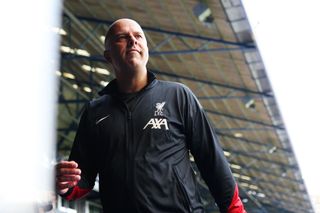
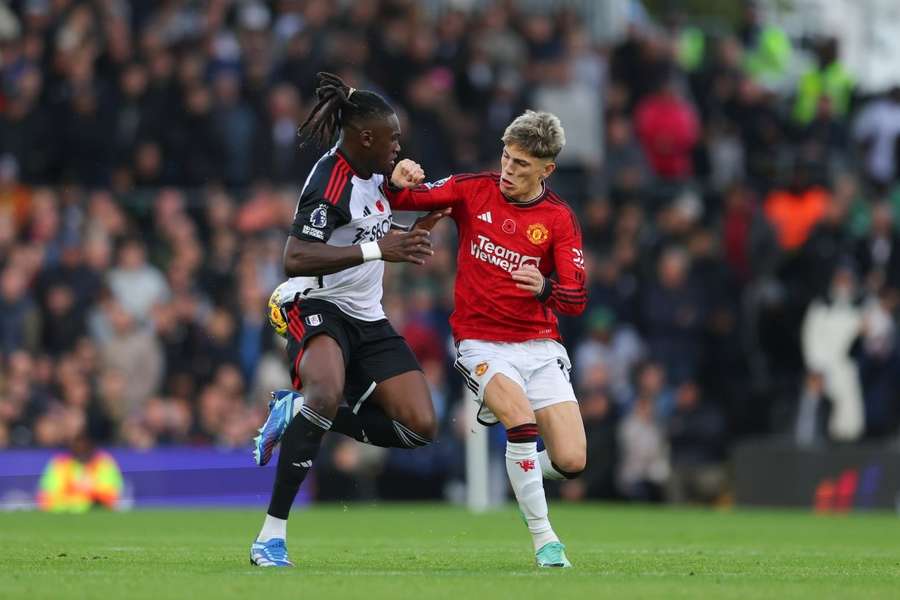
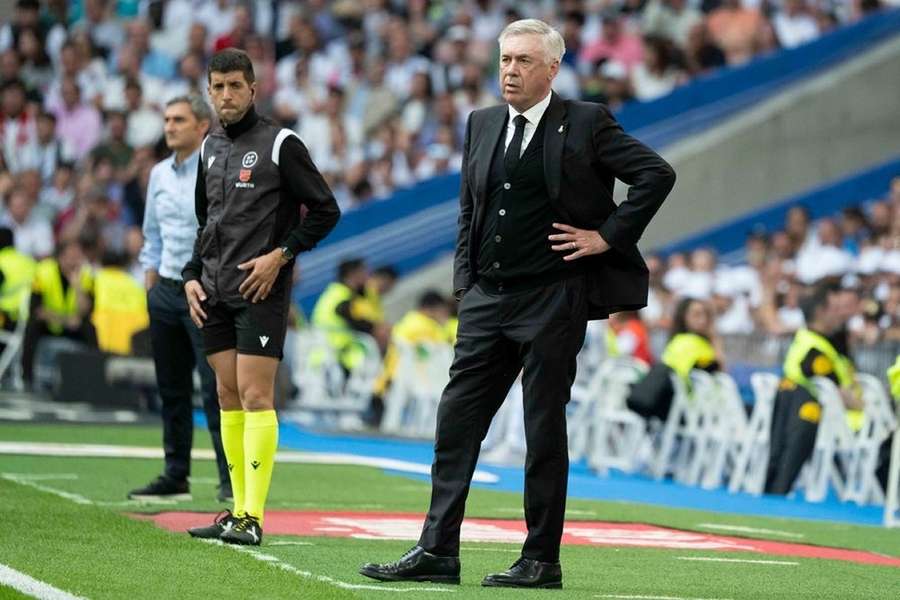
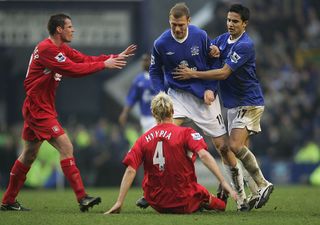
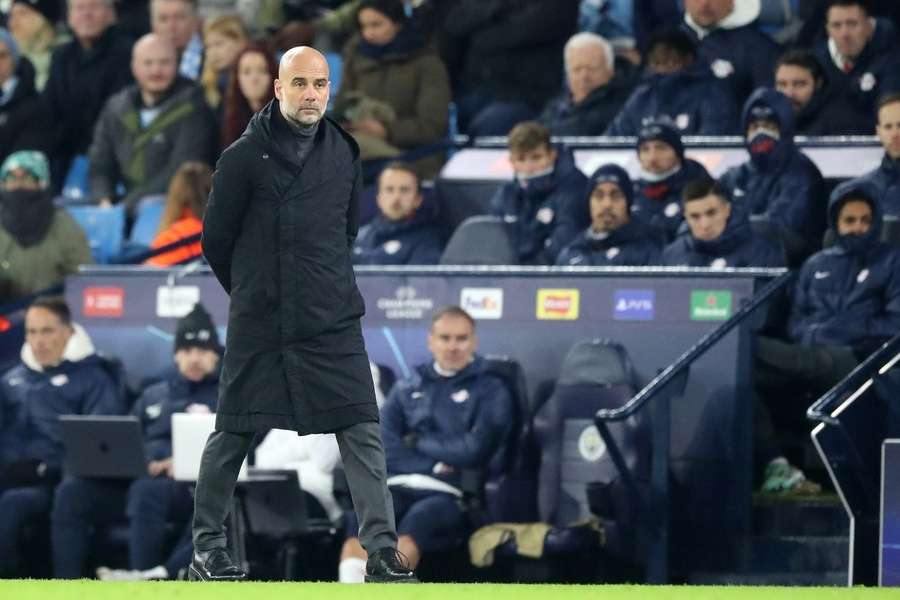
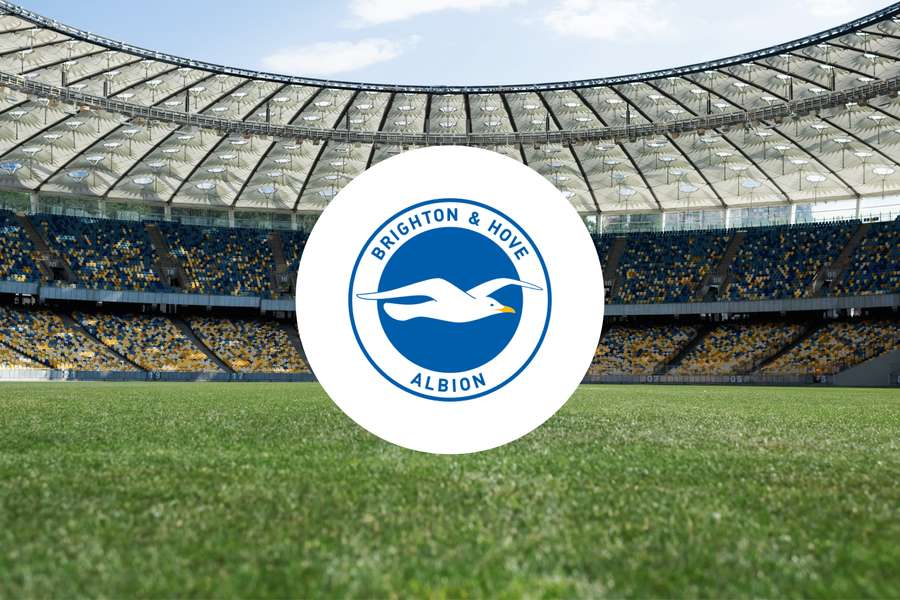
LATEST NEWS
